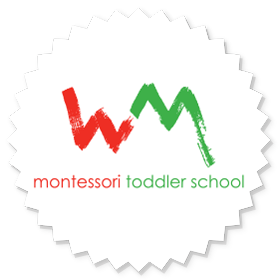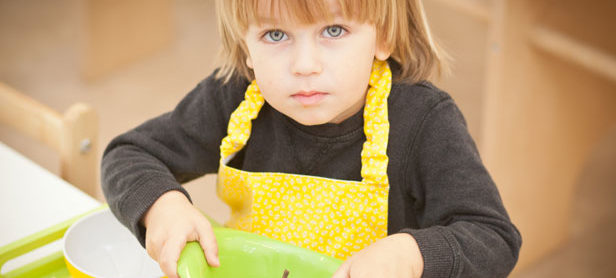
Education program
Our Montessori Toddler School is designed for children 12-30 months. This program has several components that offer a variety of learning experiences and opportunities for the children to explore and learn about the world they live in.
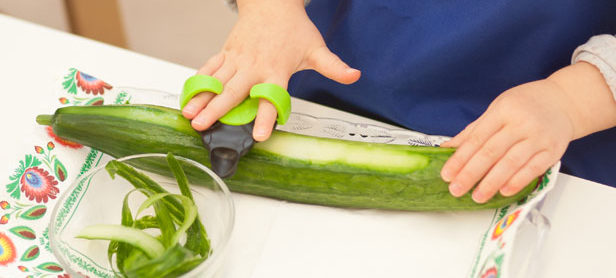
Practical life
This area is designed to help guide the toddler into independence. Toddlers love to learn and do. They want to experience there day with little interruption. Practical Life exercises provide the toddler with a chance to practice skills that will enhance his/her academic work later on. Practical Life exercises build concentration, focus, eye-hand coordination, small motor development, visual tracking from left to right, top to bottom. These exercises also provide the child with a great sense of accomplishment and the feeling of success.
Practical life exercises include materials necessary for sweeping, caring for plants and animals, washing, pouring, table setting, and of course food preparation. Care of Self is a part of the learned independence skills. Washing hands, faces, dressing, and cleaning up are all part of the daily routines.
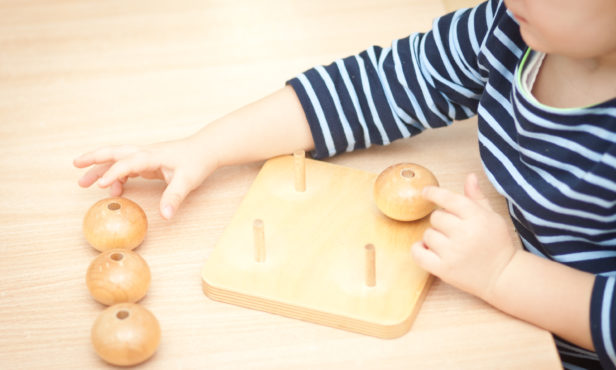
Experience thw world through senses
This area of the child’s environment gives the child the opportunity to experience their world through their senses. The child is invited to touch, taste, smell, hear, and see every bit of the classroom. Every material is child-friendly and safe. Here the child learns to trust their environment and to connect to the place they come to every day.
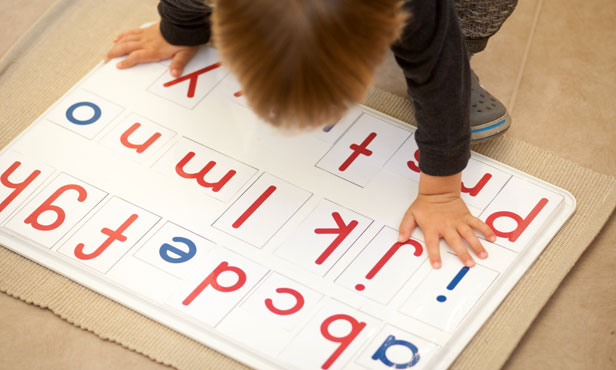
Language
Speaking is very important to a toddler. They are at the age where language is being mastered. You will notice that your toddler will soon come to a stage where vocabulary that has been dormant, will now emerge. The explosion of talk begins at about age 2 years. By 2 years a child can say more than 100 words. They can understand many more than that. They are also able to put words together to make short sentences. This is a huge growth, as it shows that the child understands that the meaning comes from the way they connect the words together. Conversations with each other are an essential part of the day.
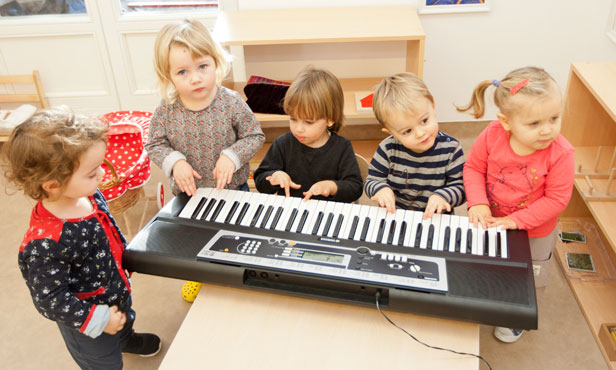
Music and art
Music and Art are other ways that the children experience their day using all their senses. Painting, play-dough, songs, singing, clapping to the music, dancing, and using instruments create a beautiful interaction between the child, teachers, and school. Music contributes to experiences that can forge more pathways between the cells in their brains. These neural connections will help a child in almost every area of later school experiences. Music is also enjoyable to a toddler. Music can excite, but also soothe and comfort.
Art experiences are focused on sensory and physical learning. By physically manipulating a paintbrush into the paint and then onto paper the child has completed a relatively complex task, requiring focus and concentration. With repetition and practice, the child will become increasingly skilled at manipulating the art tools available to him/her.
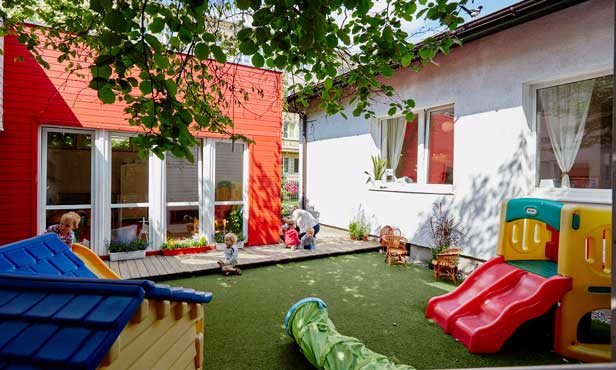
Indoor equipement / outdoor activities
The indoor and outdoor equipment and activities are designed for the development and coordination of the child’s growth and gross motor skills. Climbing, pushing, jumping, running, and throwing are regular activities. The equipment is soft and durable for a lot of wear and use. The children also need a variety of surfaces to walk on; gravel, grass, dirt, cement, wood, and carpet.
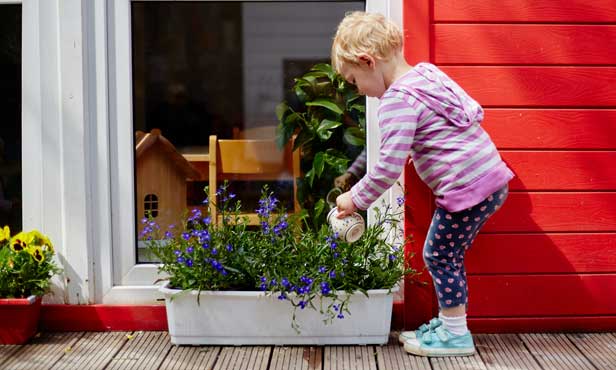
Nature
A constant connection to nature is an important part of the Montessori tradition. School pets can be found in every Montessori school. Children learn to love and care for nature through their interaction with pets at school and at home. Their love for nature is also nurtured through walks to the park, planting flowers, picking vegetables, growing gardens and feeding animals.
